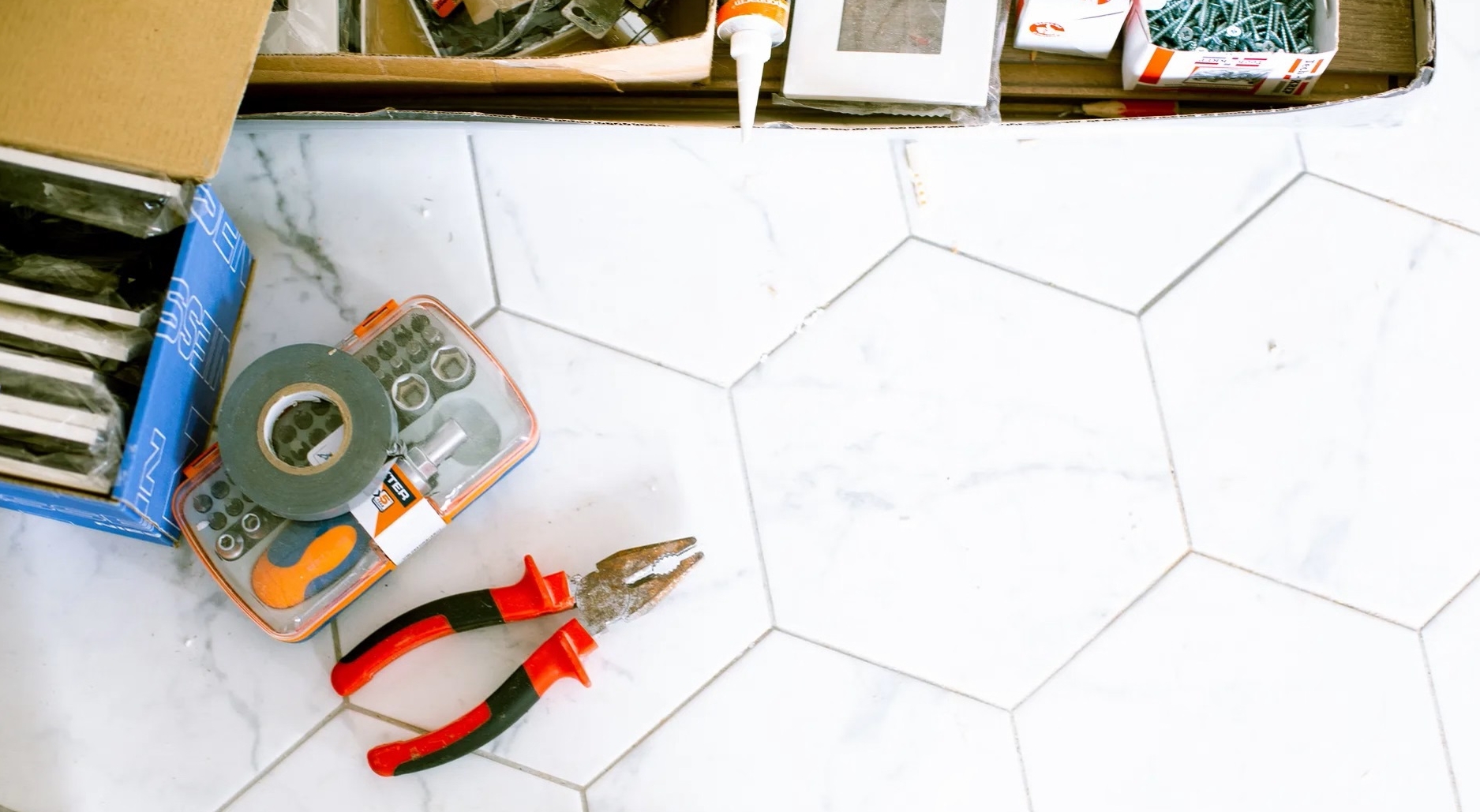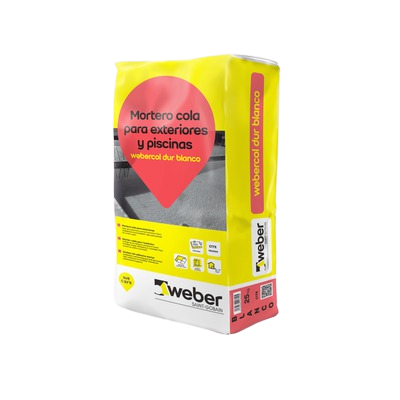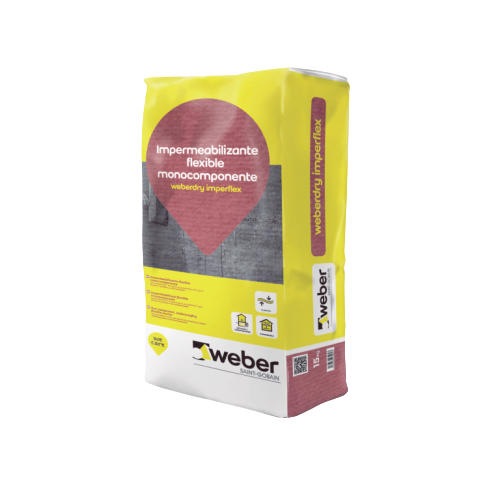
When laying a floor or ceramic for wall tiles, it is a common practice to think that we can go to the nearest hardware store and acquire a generic product for the installation accompanied by its respective melt to fill the joints, however, we are very distant that this practice is correct, since when choosing a material to place a floor or cladding we need to know the type of piece with which we are going to work, its size and especially its degree of absorption.
The degree of absorption is nothing more than the extent to which the lower part of a piece (the one that is in contact with the mortar) absorbs the water. To quickly and easily know the degree of absorption of any piece, simply put it on its back and pour water into it, if it penetrates the interior quickly, the absorption is high, if it gets wet, but there are drops on it, the absorption is medium and on the contrary, if the water layer remains on the surface, the absorption is low.
The porcelain tile; a very common piece in interior design and modern architecture has a very low degree of absorption, that is to say, to place it correctly and to last over time, we need a product with special conditions such as flexibility, that is, category C2TE ( improved cementitious with reduced slip and long open time) -> Webercol Flex range.

For pieces such as ceramic, it would be advisable to use a C1TE category mortar (normal cementitious with reduced slip and long open time), since ceramic is a highly absorbent piece thanks to its porous surface -> Webercol Dur range.

In the case of natural pieces such as marble, coral, among others, it is advisable to use a fast-setting product to avoid capillary rise and the possible appearance of stains.
There are an infinity of materials to cover floors and walls, and for each one of them ADC DEL CARIBE has the ideal product to guarantee durability, quality and resistance.
